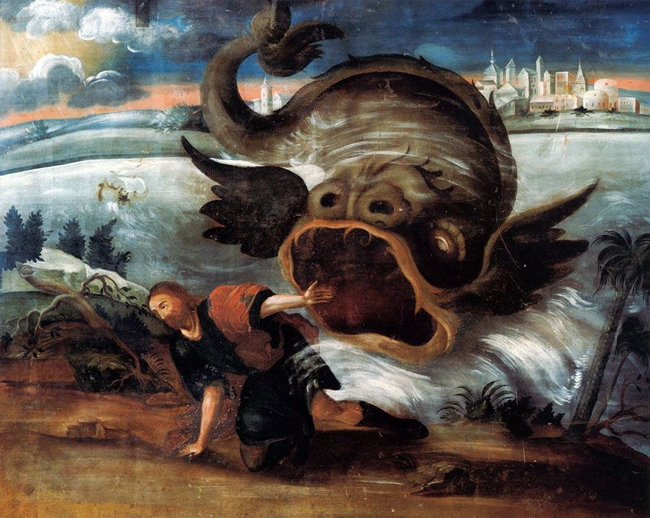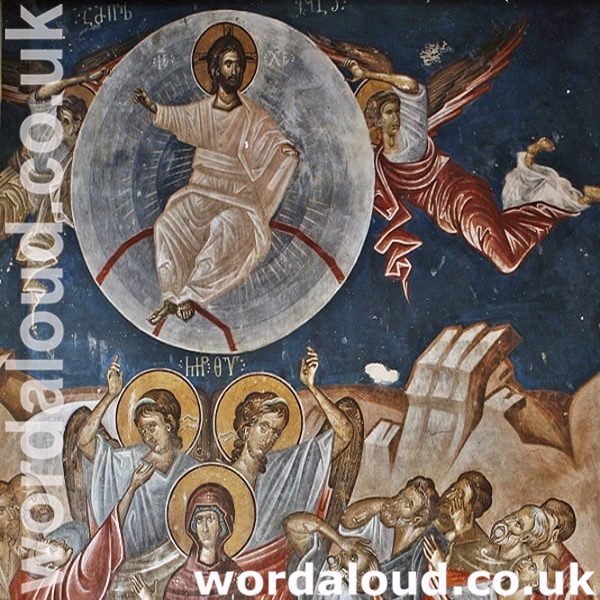Christian Art | The Story Of Joseph In The Bible
Listen To The Story Of Joseph (And His Amazing Technicolour Dreamcoat) In The Bible – Genesis
A Song For Simeon | T.S. Eliot | Audio
T.S. Eliot’s poem ‘A Song for Simeon’ explores existential themes of mortality and the pursuit of meaning in a world characterized by impermanence. Eliot prompts readers to engage with universal struggles encompassing life, death and spiritual fulfilment.
Eliot’s depiction of Simeon’s existence as ‘light, waiting for the death wind’ encapsulates profound existential dilemma inherent in human life. This imagery of a feather poised in anticipation of an impending gust conjures a sense of fragility, mirroring transient nature of existence. Simeon’s journey becomes emblematic of humanity’s overarching quest to discover meaning amid constraints of mortality. The presence of blooming Roman hyacinths and the feeble illumination of the winter sun suggests paradoxical coexistence of vitality and death, with the ‘stubborn season’ serving as a reminder of life’s inescapable finitude.
Symbolism and Allegory
Imagery of ‘dust in sunlight’ and ‘memory in corners’ serves as metaphors for past experiences and the passage of time. Such symbolism, paired with a thought of ‘waiting for the wind that chills towards the dead land’, evokes nostalgia and a contemplation of an uncertain destiny. The notion of ‘waiting’ weaves through the poem, portraying the tension between human aspirations and mortality. Simeon’s dwelling, representing legacy and familial continuity, stands in stark contrast to the spectre of ‘foreign faces and foreign swords’, of feelings of displacement and loss.
Religious Allusions and Redemption
Simeon’s entreaty, ‘Grant us thy peace, ‘ resonates with the biblical concept of peace as a divine reassurance and salvation. The poem’s structure mirrors Simeon’s quest for peace, transitioning from earthly concerns to spiritual transcendence. Simeon’s virtuous life, evidenced by his benevolence and hospitality, embodies a life well-lived. Yet, uncertainties persist regarding the legacy he bequeaths, highlighting disquiet that accompanies life spent awaiting an elusive promise.
Excerpted
‘Before the stations of the mountain of desolation, Before the certain hour of maternal sorrow, Now at this birth season of decease, Let the Infant, the still unspeaking and unspoken Word, Grant Israel’s consolation To one who has eighty years and no to-morrow.’








